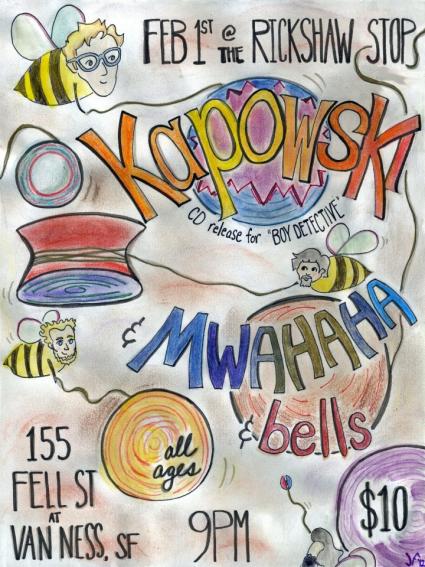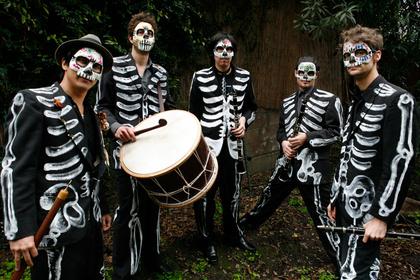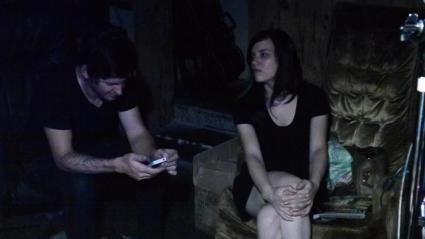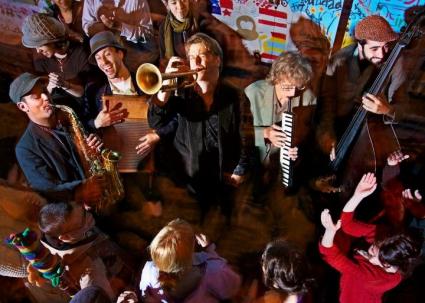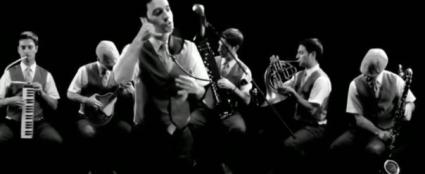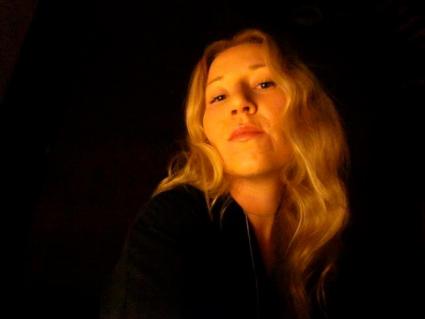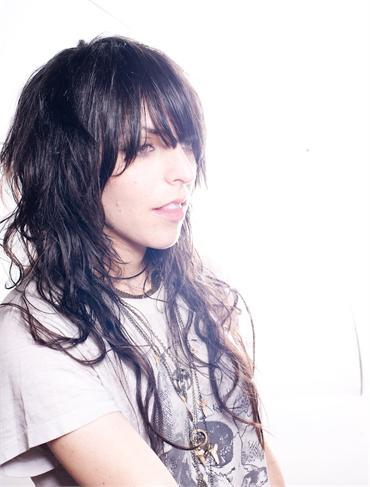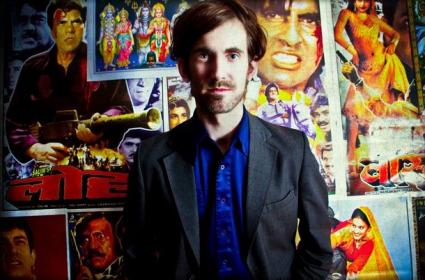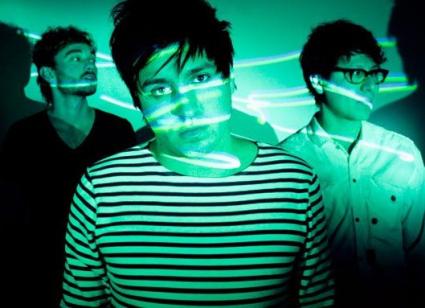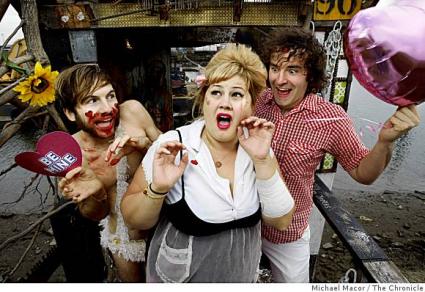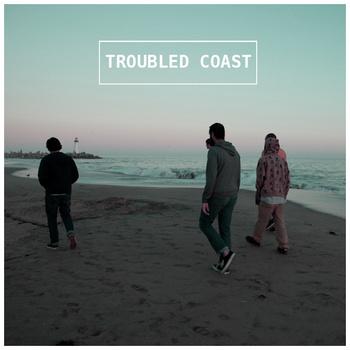When they first started, they were making a hundred bucks a day playing in the hollows of an Oakland subway station – and that, of course, was an ambitious stretch, jamming nearly six hours of street-style soul daily with no break. Three years later and on the cusp of a bold, new year, the California Honey Drops have raised nearly $25,000 in a recent Kickstarter campaign supported by the generous contribution of fans. Likewise, the quintet of jazz, blues and Bebop enthusiasts takes no gift for granted, and have already booked their calendar solid through March, playing a stint of shows on both coasts, including a stop at next year’s Jazz Fest in New Orleans. On top of the tour, they’ll be releasing a live album in the spring, followed by their third studio LP later in the year.
Then there’s Europe. In addition to rigorous promotion in the U.S., Oakland’s rising stars intend to court their international fan base with equal fervor. Having already hit several countries across the Atlantic in 2011, this coming year they intend to conquer more. Impressively, they are a one-stop shop, balancing the business and creative realms of their career. From the onset, they have managed, booked, and publicized themselves with little more than an aggressive belief in the power of their artistic covenant, and a goal to expand the love affair they commenced in the Bay.
“We’ve built this band from the ground up,” explains founding father and frontman Lech Wierzynski, who learned his craft early on in DC jazz clubs, under the instruction of Ray Charles’ legendary trumpeter, Marcus Belgrave. “Our strategy when we started was to always hit the subways during rush hour to play. A little while later, we recorded a demo on Garage Band and started bringing that with us to sell, then after that we brought stickers…It became an enterprise and we eventually created a solid local fan base.”
Reverberating off the slick groove of a washboard, trumpet, upright bass, and drums, California Honey Drops serenade the world with bluesy funk songs about the axioms of Dixieland. The band’s anthems are earnest and naturally alluring, a musical interpretation of cultural exposition. They’re as comfortable performing at barn parties in Northern Cali as they are chic Manhattan industry haunts. What’s more, they won’t pass through a town without playing a gig. No, not ever.
“We were in Asheville, and we didn’t have a show booked, but we really wanted to play,” recalls drummer, Ben Malament, of their recent travels through the folk city in Western North Carolina. “It was a Monday, and there was this art house called the BoBo gallery. We asked if we could play there, and they told us they never had any people there on Monday…We ended up doing several shows and the place just filled up with screaming girls.”
Influenced by the evolution of jazz from years past to present – artists like Duke Ellington and Ray Charles, ragtime and rhythm & blues – it begs the question how five white guys from California can pull off a sound so quintessentially grounded in African-American ethos. Nevertheless, by carrying a sincere interest in the historical milieu of their composite genre, along with a divergent spectrum of taste, this band of pseudo-traditionalists is able to overcome whatever creative boundaries may be limited by race. They’ve admittedly gotten some “slack,” though.
“We do a lot of research on the blues and the history of music,” comments saxophonist, Johnny Bones. “We’re just playing the music we love and trying to do it justice. We’re careful not only to research books, but to actually go out and play with folks and talk to folks…To talk to people of all races…We have people come up to us from New Orleans all the time, and tell us they’re feeling it.”
Adds Wierzynski, “What’s different in music is style and delivery. We play country music too, redone as soul….We’re taking it from all sides; if we like it, it’s in there. Duke Ellington took material from 20th century composers…Ray Charles did country songs. Was that white music? If you go back far enough, you dissolve the lines.”
California Honey Drops has tapped into the underground soul revival in Oakland, played at a neighborhood bar in Brooklyn and rocked the New York subway in Midtown (where, incidentally, they ran into a crowd of Oakland followers). They are chameleons with a vivid presence; they fit in everywhere and they always make an impression.
“People in Oakland know us, they are our family, and we want to create that everywhere,” stresses Wierzynski. “Our hope is to bring music for music’s sake.”
Mallamont agrees. “Because we’re not bound by a commercial genre, we can market ourselves uniquely. We’re a roots band. We’re paying homage to music’s essence.”
—Courtney Garcia

